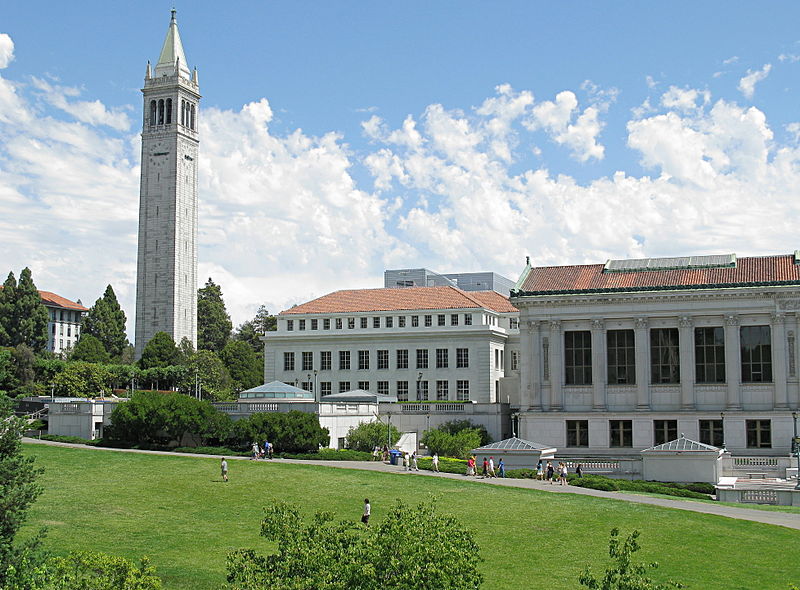Black and Hispanic Representation Shrinks at Top Colleges
Emily Wells
Emily Wells is an Ear to the Ground blogger at Truthdig. As a journalist, she began as a crime reporter at the Pulitzer-winning daily newspaper, The Press-Enterprise...
A new report from The New York Times shows that black and Hispanic students are at least as underrepresented at top universities as 35 years ago—and in some cases even more so. The Times’ data examined numbers of white, black, Asian and Hispanic students, comparing them to the share of the college-age population of each race.
The percentage of black freshmen at the nation’s top colleges is virtually unchanged since 1980, with blacks making up about 6 percent of college freshmen but 15 percent of college-age Americans, according to a New York Times analysis. The report shows that more Hispanic students are attending top colleges, but this growth has not kept up with the growth of the young Hispanic population in the United States. Top liberal arts colleges show similar disparities. The report continues:
The Times analysis includes 100 schools ranging from public flagship universities to the Ivy League. For both blacks and Hispanics, the trend extends back to at least 1980, the earliest year that fall enrollment data was available from the National Center for Education Statistics.Blacks and Hispanics have gained ground at less selective colleges and universities but not at the highly selective institutions, said Terry Hartle, a senior vice president at the American Council on Education, which represents more than 1,700 colleges and universities.The courts have ruled that colleges and universities can consider race or ethnicity “as one element in a holistic admissions policy, so it’s something that can be considered, but it’s not a magic bullet,” he said…“There’s such a distinct disadvantage to begin with,” said David Hawkins, an executive director at the National Association for College Admission Counseling. “A cascading set of obstacles all seem to contribute to a diminished representation of minority students in highly selective colleges.”
The University of California campuses saw a decline in black and Hispanic students after California banned affirmative action in 1998. Hispanics make up about a quarter of the student population but about half of the state population for the age group. “Despite the progress the U.C. has made in assembling a more diverse student body, a lot of work remains to be done so that all U.C. campuses reflect the true diversity of the state,” said Stephen Handel, associate vice president for undergraduate admissions, in the report.
The report also demonstrates that black students are underrepresented in states with large black populations:
For example, in Mississippi, Louisiana, Georgia and South Carolina, blacks represent about a third or more of each state’s college-age population but less than 15 percent of the freshman enrollment at the flagship university.At the University of South Carolina’s Columbia campus, black freshman enrollment has declined significantly over the last 15 years. Students on campus have protested racial inequalities.
If collegiate affirmative action policies aren’t helping black and Hispanic students, whom are they helping? The data seem to indicate white women. After two decades of affirmative action, white women held the majority of managerial jobs, compared to African-American, Latino and Asian-American women (the supposed beneficiaries of these policies), according to a 1995 report by the California Senate Government Organization Committee. Additionally, women outnumber men in college classes, with 1.35 females for every male and women earning 57 percent of all four-year degrees by 2009.
The Times’ study was released weeks after President Trump’s Justice Department announced its intention of “investigating and suing universities over affirmative action admissions policies deemed to discriminate against white applicants.”





